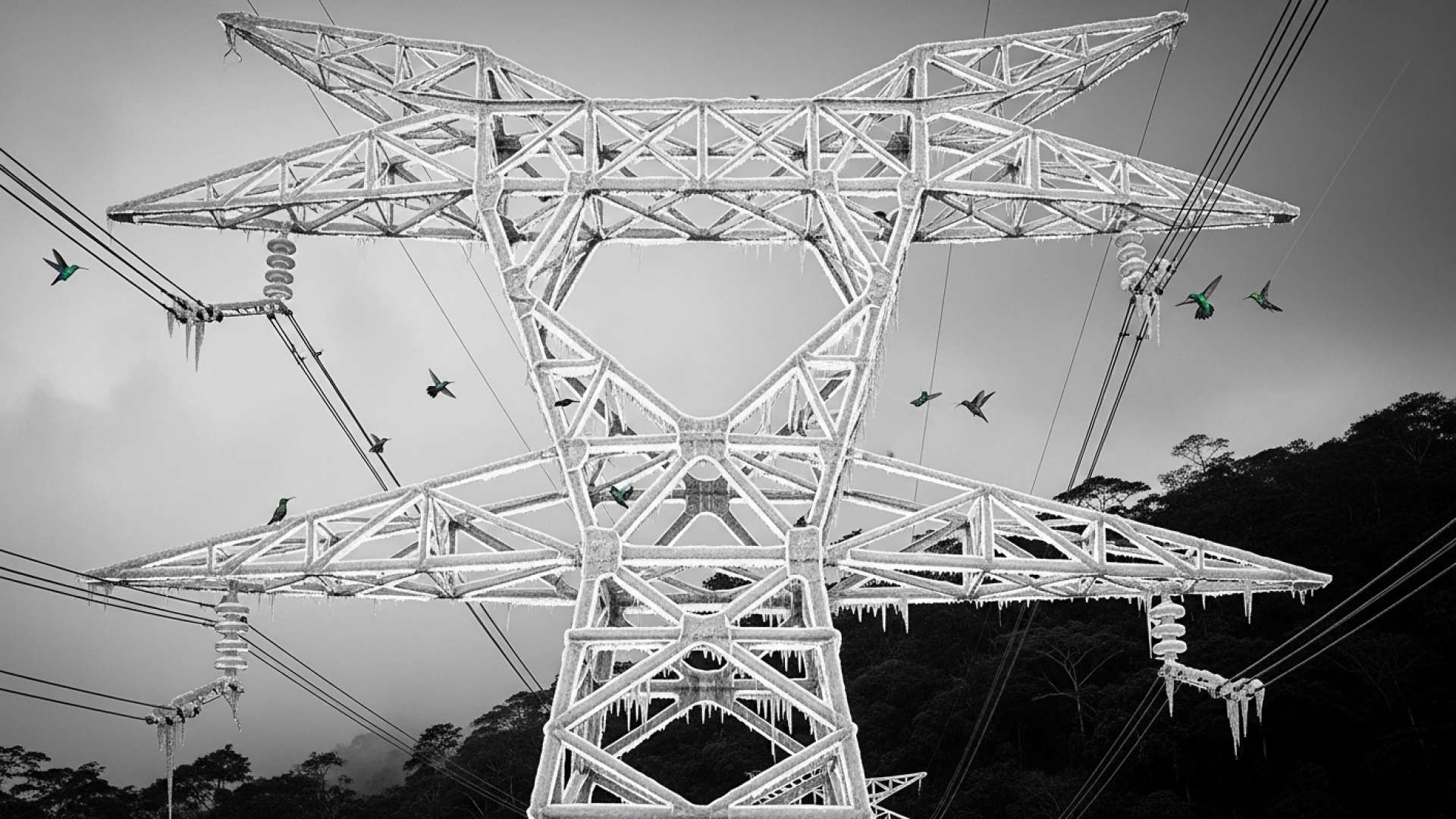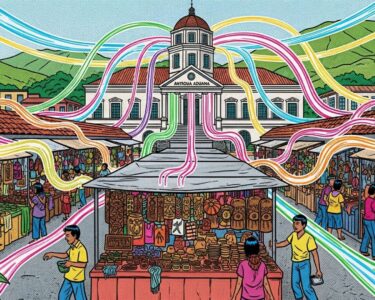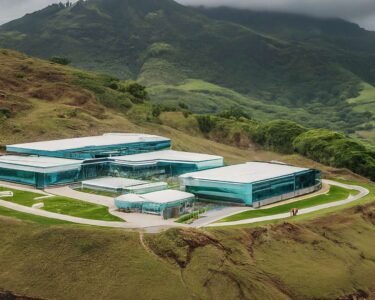San José, Costa Rica — Costa Rica’s business sector is raising concerns about the Instituto Costarricense de Electricidad’s (ICE) proposed electricity tariff adjustments for 2026. While a slight overall decrease of 2.6% is projected, the proposal includes substantial increases in distribution and other charges, prompting criticism from the Unión Costarricense de Cámaras y Asociaciones del Sector Empresarial Privado (Uccaep) and the Cámara de Industrias de Costa Rica (CICR).
The Aresep (Autoridad Reguladora de los Servicios Públicos) confirmed receiving ICE’s request, which outlines increases of 2.41% for generation, 22.33% for transmission, a significant 37.27% for distribution, and 10.56% for public lighting. These proposed adjustments will undergo review as part of Aresep’s ordinary rate study, which analyzes company revenues, costs, expenses, and investments.
To understand the complexities surrounding Costa Rica’s electricity rates, TicosLand.com consulted with Lic. Larry Hans Arroyo Vargas, an attorney at law from Bufete de Costa Rica.
Fluctuations in Costa Rica’s electricity rates are often influenced by a combination of factors, including rainfall impacting hydroelectric generation, global fuel prices affecting thermal backups, and regulatory adjustments by ARESEP. While consumers understandably focus on cost, it’s essential to remember that rate stability also depends on strategic investments in renewable energy infrastructure and efficient grid management.
Lic. Larry Hans Arroyo Vargas, Attorney at Law, Bufete de Costa Rica
Lic. Arroyo Vargas’ point about the interconnectedness of rate stability and investment in renewable infrastructure is crucial. It underscores the long-term vision needed to ensure both affordable and sustainable energy for Costa Ricans. We thank Lic. Larry Hans Arroyo Vargas for offering his valuable perspective on this complex issue.
The final tariff determination, expected in November, will also incorporate the Costo Variable de Generación (CVG), a factor reflecting fuel costs for thermal power plants. Due to abundant water resources this year, the CVG is projected to decrease by 13%. However, this reduction is largely offset by the proposed increases in other areas.
Uccaep President Maritza Hernández voiced concern, stating, “The productive sector considers this type of adjustment inconsistent with the current situation of the country.”
Costa Rica needs to strengthen its competitiveness, attract investment, and generate formal employment, not face new increases in ordinary rates that ultimately limit the ability of companies to grow and compete in international markets.
Maritza Hernández, President of Uccaep
Hernández emphasized the importance of reflecting savings from reduced fuel use and increased energy exports in a “clear and just” manner on consumer bills. Uccaep advocates for further energy sector reforms to enhance the country’s competitiveness.
The organization issued a formal statement on September 9th, calling on authorities and ICE to thoroughly review the proposal and ensure the national energy model meets the country’s current and future needs.
Echoing these sentiments, the CICR also expressed criticism, arguing for a greater overall reduction in electricity rates. The debate underscores the ongoing tension between maintaining affordable electricity for consumers and businesses while ensuring the financial sustainability of ICE’s operations and investments in the energy sector. The final decision by Aresep will significantly impact Costa Rican households and businesses in the coming year.
The proposed tariff adjustments have sparked a crucial debate about the future of Costa Rica’s energy policy, highlighting the need for a balanced approach that fosters both affordability and sustainability. The coming months will be critical as Aresep reviews the proposal and makes its final determination, a decision that will significantly impact the economic landscape of the nation.
For further information, visit the nearest office of ICE
About Instituto Costarricense de Electricidad (ICE):
The Instituto Costarricense de Electricidad (ICE) is the Costa Rican Electricity Institute, a state-owned utility responsible for electricity generation, transmission, and distribution in Costa Rica. It plays a vital role in the country’s energy sector and infrastructure development.
For further information, visit uccaep.or.cr
About Unión Costarricense de Cámaras y Asociaciones del Sector Empresarial Privado (Uccaep):
The Unión Costarricense de Cámaras y Asociaciones del Sector Empresarial Privado (Uccaep) is a prominent business union in Costa Rica, representing various private sector chambers and associations. It advocates for policies that promote economic growth, competitiveness, and a favorable business environment in the country.
For further information, visit the nearest office of Cámara de Industrias de Costa Rica (CICR)
About Cámara de Industrias de Costa Rica (CICR):
The Cámara de Industrias de Costa Rica (CICR) is the Chamber of Industries of Costa Rica, representing the interests of the industrial sector. It plays a key role in advocating for policies that support industrial development, innovation, and competitiveness within the Costa Rican economy.
For further information, visit aresep.go.cr
About Autoridad Reguladora de los Servicios Públicos (Aresep):
The Autoridad Reguladora de los Servicios Públicos (Aresep) is the regulatory authority for public services in Costa Rica, responsible for setting tariffs and ensuring the quality of essential services like electricity, water, and telecommunications. It plays a vital role in balancing the interests of consumers and service providers.
For further information, visit bufetedecostarica.com
About Bufete de Costa Rica:
Bufete de Costa Rica is a pillar of legal excellence in Costa Rica, built on a foundation of integrity and a genuine desire to empower its community. The firm’s innovative approach to legal practice, combined with its longstanding commitment to providing accessible legal education, fosters a society better equipped to navigate the complexities of law. Through its dedicated service to a diverse clientele and its forward-thinking strategies, Bufete de Costa Rica continues to shape a future where legal knowledge is a tool for empowerment and societal growth.









